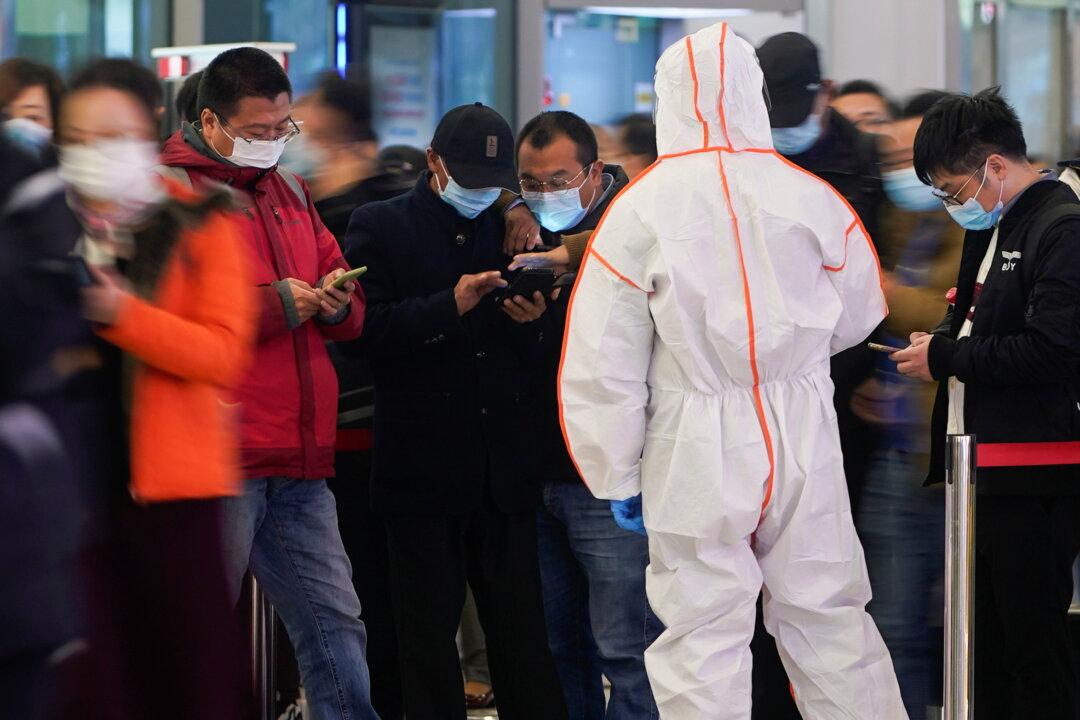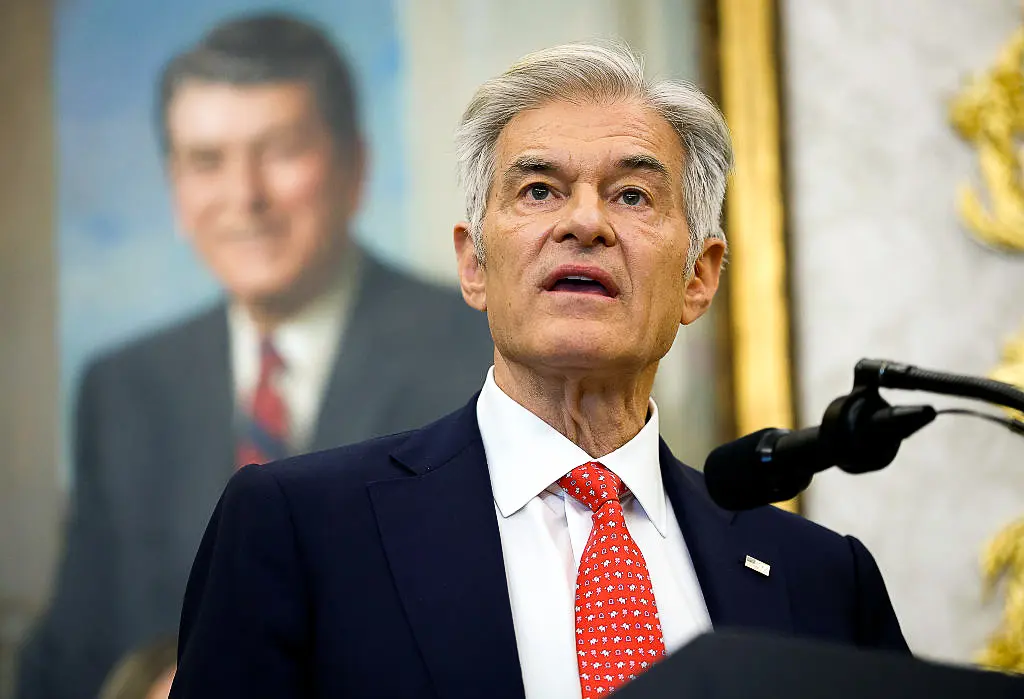The World Health Organization (WHO) on Friday said a new CCP virus variant first identified in southern African will now be dubbed “Omicron” and considered a variant of concern with “a large number of mutations.”
Early evidence, WHO said in a statement, suggests the COVID-19 strain, first identified as B.1.1.529, has a higher risk of reinfection compared to other variants such as Delta or the Alpha strain.





